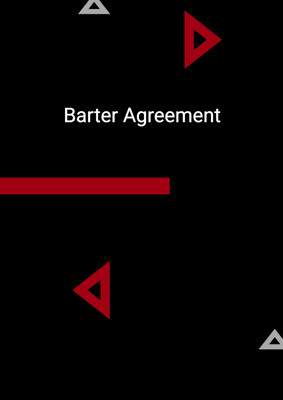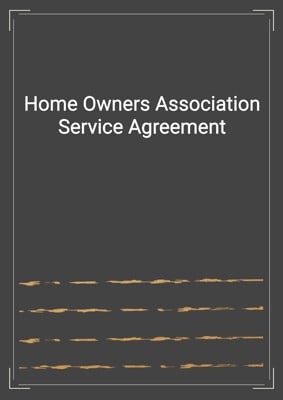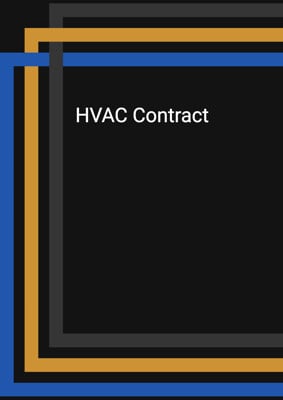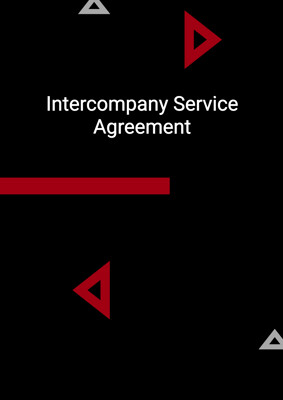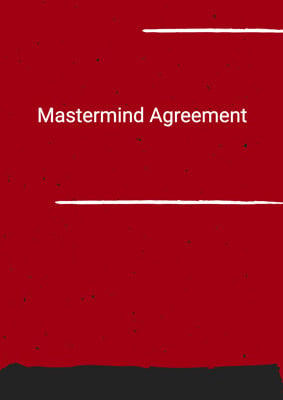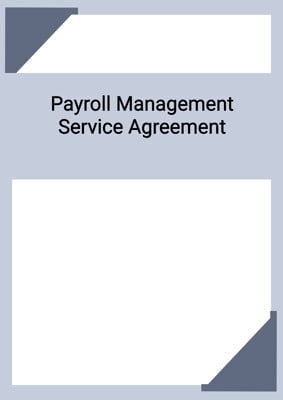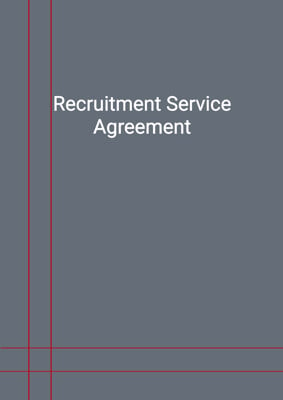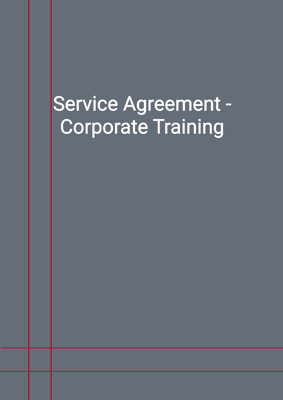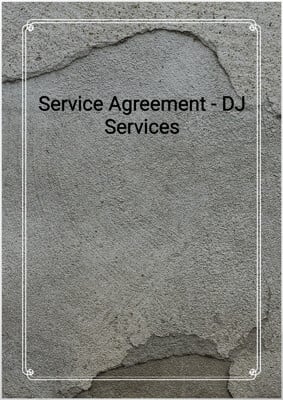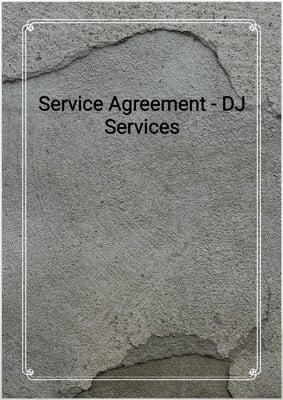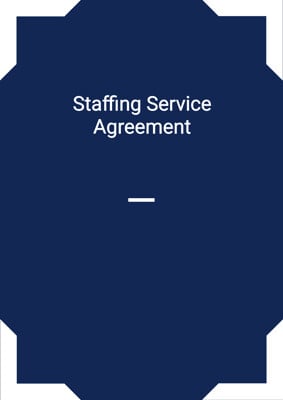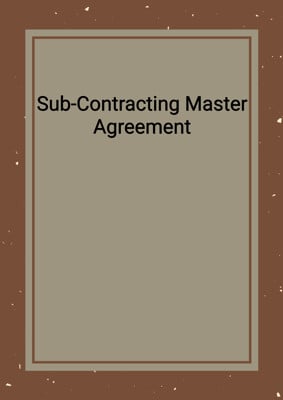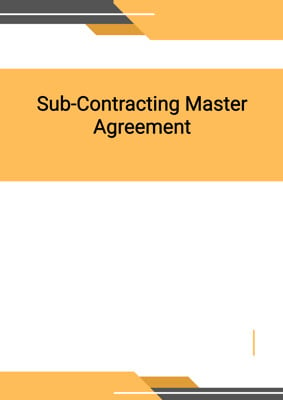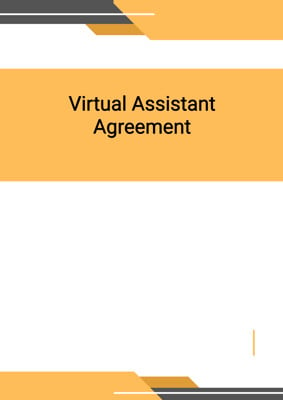
Service Agreement - Personal Training
Neutral
This is a Service Agreement suitable for personal training, fitness programs, weightlifting, physical training activities or other personal training services. Under this agreement, a personal trainer was to provide personal training services for a Customer for an Agreed Price. This agreement is drafted in Neutral Form.
How to Tailor the Document for Your Need?
01
Create Document
Fill in the details of the parties. You can click the "Fill with Member’s Information" button to complete it with information saved to your account.
02
Fill Information
Please fill in any additional information by following the step-by-step guide on the left hand side of the preview document and click the "Next" button.
03
Get Document
When you are done, click the "Get Document" button and you can download the document in Word or PDF format.
04
Review Document
Please get all parties to review the document carefully and make any final modifications to ensure that the details are correct before signing the document.
Document Preview
Document Description
This Service Agreement - Personal Training is a legally binding document that outlines the terms and conditions between the personal trainer (referred to as Party 1) and the customer (referred to as Party 2) for the provision of personal training services. The agreement highlights the importance of prompt and timely performance of obligations, as time is of the essence. It also emphasizes the need for the personal trainer to provide services in a professional and diligent manner, adhering to industry standards and regulations.
The agreement begins with an interpretation section, defining key terms and providing general provisions. It clarifies that references to persons include individuals, corporations, associations, and partnerships. The headings are for convenience and do not affect the agreement's construction. The agreement also acknowledges that laws and regulations related to health and safety and prohibited substances must be followed.
The personal trainer's obligations are outlined in Section 2. It states that the personal trainer will use their best and commercially reasonable efforts to provide the services to the customer. The personal trainer must perform the services in a professional and diligent manner, comparable to industry standards. Any services outside the agreed scope will require a separate agreement.
Section 3 emphasizes the importance of timely completion of the work. The personal trainer must complete the services by the agreed completion date. If there are valid reasons for delay, the customer may grant an extension.
Section 4 addresses service fees and payment terms. The customer agrees to pay the personal trainer a service fee according to the agreed schedule. The personal trainer will invoice the customer 7 days prior to the payment date. Late payment will incur a 3% per month late charge. The personal trainer may also incur expenses, which will be itemized in the invoice.
Section 5 discusses indemnities. The customer must promptly report any defects in the personal trainer's performance, and the personal trainer must make efforts to rectify any reported defects. The customer's rights and benefits under the agreement can only be enforced through the agreement's terms.
Section 6 covers the term and termination of the agreement. The agreement may have a fixed term or continue indefinitely until completion of the services. Either party may terminate the agreement with written notice. Termination may occur for various reasons, including non-payment or failure to proceed diligently with the services.
Section 7 addresses ownership of materials. Any materials and goods delivered to or placed on the site become the property of the customer.
Section 8 establishes confidentiality obligations. Both parties must keep the terms of the agreement and any confidential information disclosed during the agreement confidential, except in certain specified circumstances.
Section 9 requires prior approval for any announcements or publicity related to the agreement, unless required by law or regulatory bodies.
Section 10 states that any variation of the agreement must be in writing and signed by both parties. Variations do not constitute a general waiver of provisions and do not affect accrued rights and obligations.
Section 11 prohibits assignment or sub-contracting without prior written consent.
Section 12 contains a severability clause, stating that if any provision of the agreement is illegal, void, or unenforceable, it will be deemed not included, but the remaining provisions will remain in force. The parties will negotiate a valid substitute provision if necessary.
Section 13 requires further acts and documents to implement and give effect to the agreement.
Section 14 includes a warranty of capacity and power, stating that each party has the authority and capacity to enter into and perform the obligations under the agreement.
Section 15 addresses force majeure, stating that none of the parties will be liable for failure or delay in performing obligations due to causes beyond their reasonable control.
Section 16 clarifies that the agreement does not confer rights on third parties.
Section 17 provides for arbitration and the proper law governing the agreement.
Section 18 outlines the procedures for giving notices and service.
Section 19 allows the agreement to be executed in counterparts, with each counterpart constituting an original document.
This detailed description highlights the importance of the Service Agreement - Personal Training, covering its key provisions and obligations for both parties involved.
How to use this document?
1. Enter the Contractor's and Customer's information in the agreement, including their principal place of business. This ensures that both parties are clearly identified.
2. Clearly specify the agreed price and completion date of the work to be carried out by the Contractor. This will ensure that both parties are aware of the expectations and deadlines.
3. Clearly describe the type(s) of services to be provided by the Contractor. This ensures that both parties are aware of the scope of work and can avoid any misunderstandings.
4. Both parties should agree on the length of warranty and time of payment after the completion of the work. This ensures that both parties are aware of the payment terms and the length of the warranty.
5. If the work is not completed by the completion date, specify the amount of damages per week that the Customer is entitled to. This ensures that both parties are aware of the consequences of non-completion.
6. The personal trainer must engage in the best and commercially reasonable efforts to provide the services to the customer. The services should be provided in a professional and diligent manner, consistent with industry standards.
7. The personal trainer must comply with all laws and regulations applicable to the services, including health and safety regulations and regulations related to prohibited substances.
8. Any services outside the agreed scope will require a separate agreement.
9. The personal trainer must complete the services by the agreed completion date. If there are valid reasons for delay, the customer may grant an extension.
10. The customer must pay the personal trainer the agreed service fee according to the schedule. The personal trainer will invoice the customer 7 days prior to the payment date.
11. The personal trainer may incur expenses related to the services. These expenses should be itemized in the invoice, and any expense over a certain limit requires the customer's written consent.
12. The customer should promptly report any defects in the personal trainer's performance, and the personal trainer should make efforts to rectify the reported defects.
13. The agreement may have a fixed term or continue indefinitely until completion of the services. Either party may terminate the agreement with written notice.
14. Any materials and goods delivered to or placed on the site become the property of the customer.
15. Both parties must keep the terms of the agreement and any confidential information disclosed during the agreement confidential, except in certain specified circumstances.
16. Any variation of the agreement must be in writing and signed by both parties.
17. The agreement does not confer rights on third parties.
18. The parties should use all reasonable endeavors to resolve any disputes amicably and in good faith.
19. Notices and service should be conducted in accordance with the specified procedures.
This guidance provides a step-by-step approach to using the Service Agreement - Personal Training, focusing on real practice and implications rather than just completing the document.
Not the right document?
Don’t worry, we have thousands of documents for you to choose from:






